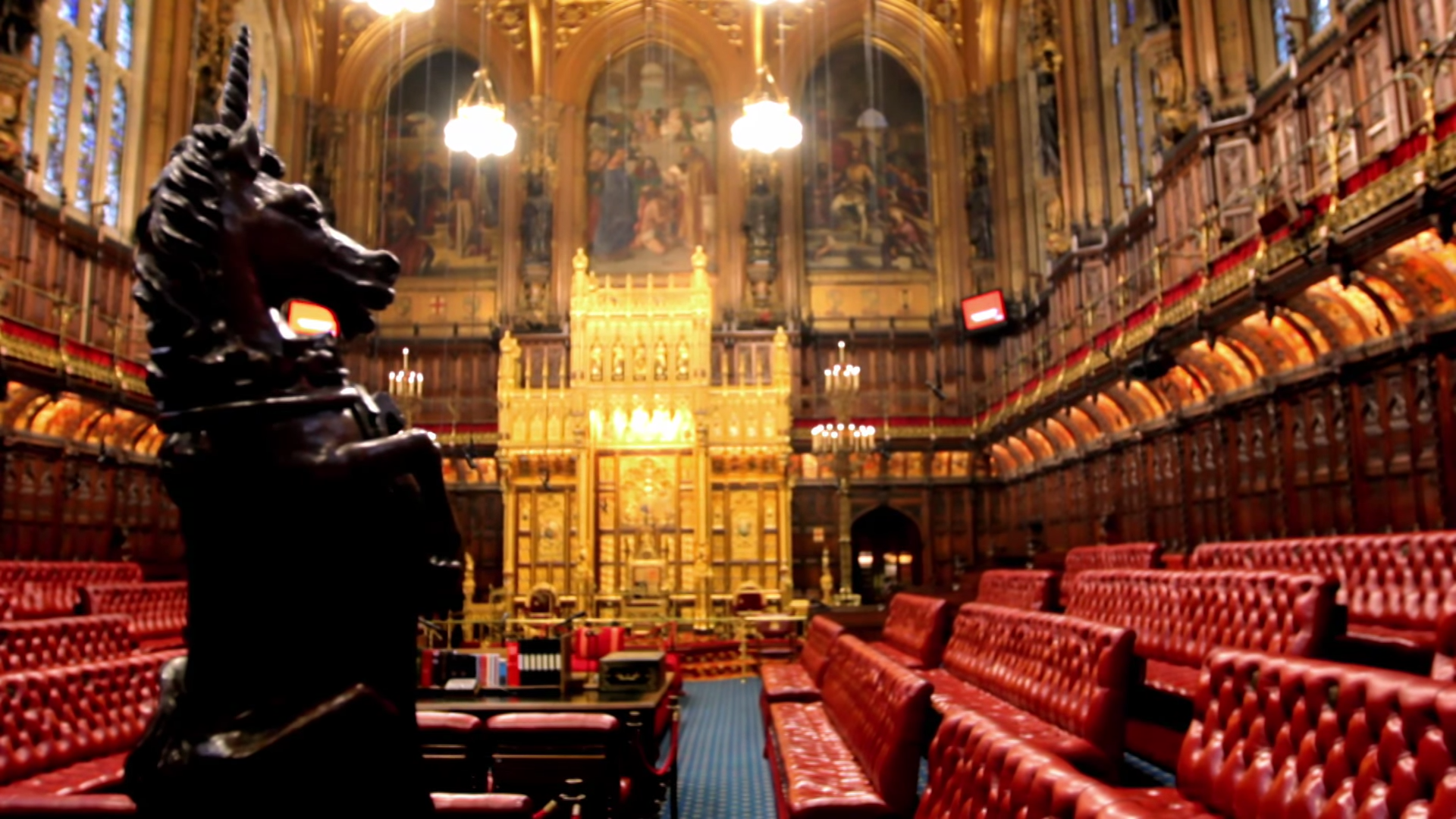25 June 2020
The House of Lords
by Shawsheet
This is our second Focus article highlighting this time The House of Lords.
We asked people what they thought about the other place.
John Watson
There is only any point in the House of Lords if it remedies deficiencies in the House of Commons.
Nowadays MPs tend to be career politicians who have never had a job outside politics and see everything through the filter of electoral advantage. That narrows their perspective and makes it difficult for them to see legislation from the viewpoint of those who will be affected by it. They do not see agricultural matters from the vantage of the farmer. They do not see factories from the perspective of a manager or of someone who works on a production line. They do not see a pandemic with the insight of the doctor or the social security system from the point of view of the claimant. This blindness can to a point be cured by making them read reports but that hardly gives them the understanding of a participant.
The function of the Lords should be to inject real experience into debates by collecting into the legislature leaders in different fields. There should be industrialists with experience of manufacturing, union leaders who understand the needs of workers, landowners who understand the running of estates, charities who understand the dilemmas of the destitute, religious leaders to add a moral perspective etc, etc. What it should not be is a parking lot for retired politicians unless it is really believed that they have something to contribute to debate.
J.R. Thomas
Unfortunately, my father and Lloyd George did not know each other. But that at least means that without a seat in the Upper House, nobody can accuse me of any conflict of interest here. The Welsh Wizard started the damage – not by his reforms in 1911 which removed the Lord’s powers to reject finance bills and limited delay on other matters to two years, but demeaning the House by selling peerages after WW1.
By the 1911 reforms the Lords were changed into exactly what they should be – an independent reviewing and revising chamber which on occasion allowed time for reflection and second thoughts. But in 1958 that old actor-manager Macmillan accelerated the rot begun by Lloyd G by creating “life peerages”. What use a title that cannot be passed to one’s descendants? And more to the point, it removed the cornerstone of the Lord’s independence, which meant that most members sat by right and not by favouritism. Now look at the formerly revered chamber – full of placemen and women, second rate actors fallen off the political stage, underwear entrepreneurs, generous donators to political party funds, friends of John, Tony, David, and even Theresa.
Away with all these wind-bags and attendance allowance grabbers! Abolish the appointees! Back to 1957, a chamber of hereditaries, of taxi driving earls and dentist barons and soldier Dukes; yes and great landowners (nothing wrong with farming). It was not perfect, but it did the job it was designed for – and what can be better than that?
Don Urquhart
We pay around 800 people £300 per day each to do what? The conventional argument is that they bring a wealth of experience to scrutinising and amending the half-baked drivel coming from the Commons.
If the House of Lords did not exist we would still need people to make sense of pending legislation. However, given a blank piece of paper would you pick the people currently in the Lords?
There are 92 hereditary peers, so if it’s in-breeding you want that has to be a bargain.
There are 661 Life Peers. Many of those will have bought their membership by donating to political parties; others will be formerly elected politicians rewarded for some first-rate toadying to the Prime Minister of the day. And of course there will be some distinguished and talented people deserving of recognition.
There are also 26 C of E bishops who surely have better things to do sorting out their own organisation’s messes.
I submit that if we are to have a second house, the last thing you want to hear from them is a political opinion. Their value has to be knowledge and intelligence which can be used to bring clarity and accuracy to legislation. For my money that’s civil servants supplemented by the people they want to bring in to help.
Responsibility for legislation would rest solely with the lower and elected house. Even the most talented writers benefit from editors: people who challenge the viability and clarity of what is being proposed.
If I might suggest, Prime Minister, that is a very brave policy. At which point Jim Hacker does a double-take but does not always fall in with Sir Humphrey’s view.


